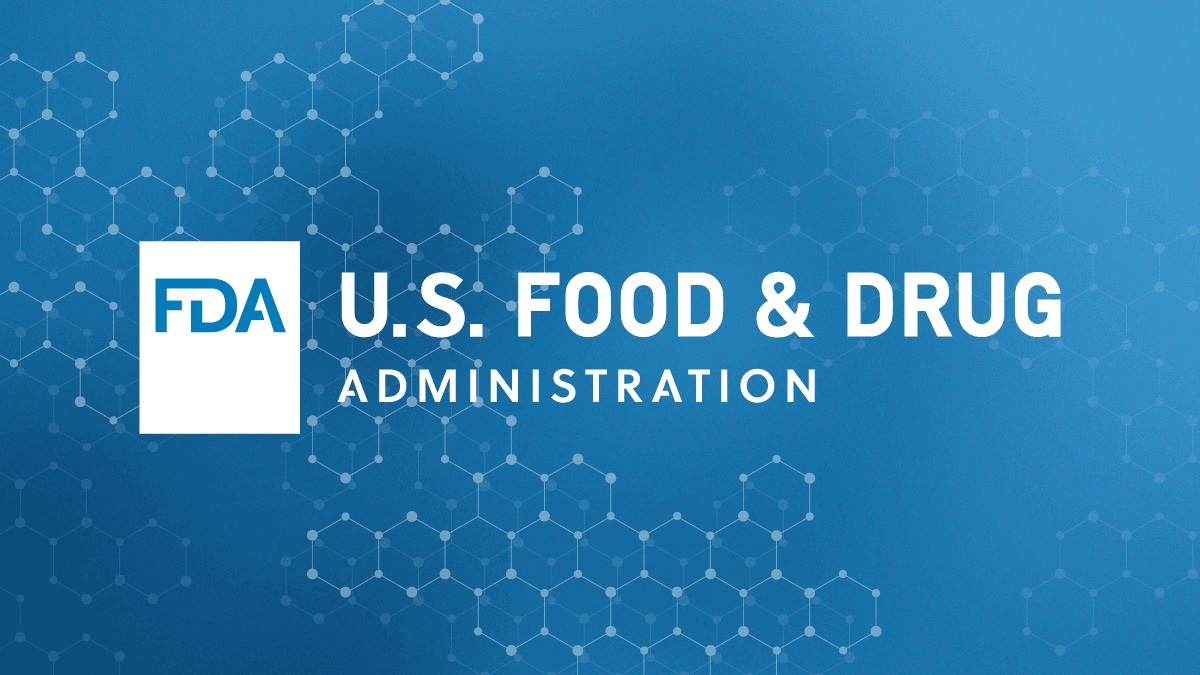The Food and Drug Administration granted approval to a drug developed by Merck on Tuesday, marking a significant milestone for both the pharmaceutical company and patients battling a rare and progressive lung condition.
The newly approved therapy, Winrevair, is intended for adults suffering from pulmonary arterial hypertension (PAH).
This decision is pivotal for the approximately 40,000 individuals in the U.S. afflicted with the disease, as Winrevair represents the first treatment targeting the underlying cause of PAH, in contrast to existing medications that solely alleviate symptoms.
PAH is characterized by the narrowing of small blood vessels in the lungs, resulting in elevated blood pressure within the arteries transporting blood from the heart to the lungs.

This condition can lead to heart damage and reduced physical activity, with a mortality rate of 43% within five years of diagnosis, according to Merck.
Administered via injection every three weeks, the drug will be available in single-vial or double-vial kits, priced at $14,000 per vial before insurance.
Merck has implemented a program to assist eligible patients with out-of-pocket expenses and copays.
Winrevair is designed to complement existing PAH therapies, aiming to enhance exercise capacity, mitigate PAH severity, and reduce the risk of disease progression.
This approval holds strategic importance for Merck, which seeks to diversify its revenue stream amidst the looming loss of market exclusivity for its top-selling cancer immunotherapy, Keytruda, in 2028.
Analysts project significant growth for Winrevair, estimating worldwide annual sales to reach approximately $5 billion by 2030, making it one of Merck’s primary growth drivers.
Eliav Barr, Merck’s Chief Medical Officer, emphasized the groundbreaking impact of Winrevair for PAH patients, describing it as a “paradigm shift” in their treatment.

The FDA’s approval is based on data from a late-stage trial involving over 300 patients with moderate PAH.
Results showed that Winrevair, in combination with existing therapy, significantly improved patients’ exercise capacity and achieved multiple secondary objectives.
The drug demonstrated a notable advantage as it can be self-administered by patients or caregivers, addressing a key preference expressed by patients and physicians.
Merck continues to study Winrevair in phase two and phase three trials, focusing on patients with advanced PAH and those in the early stages of the disease, with expected completion around 2025 and 2026.







Leave a Reply